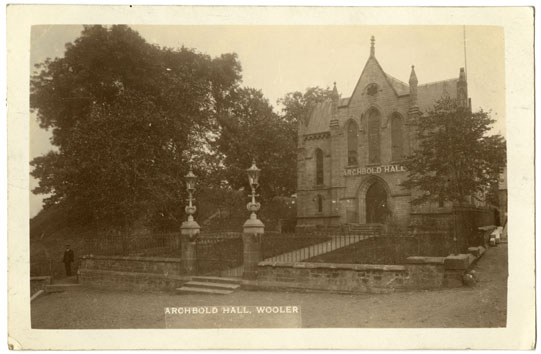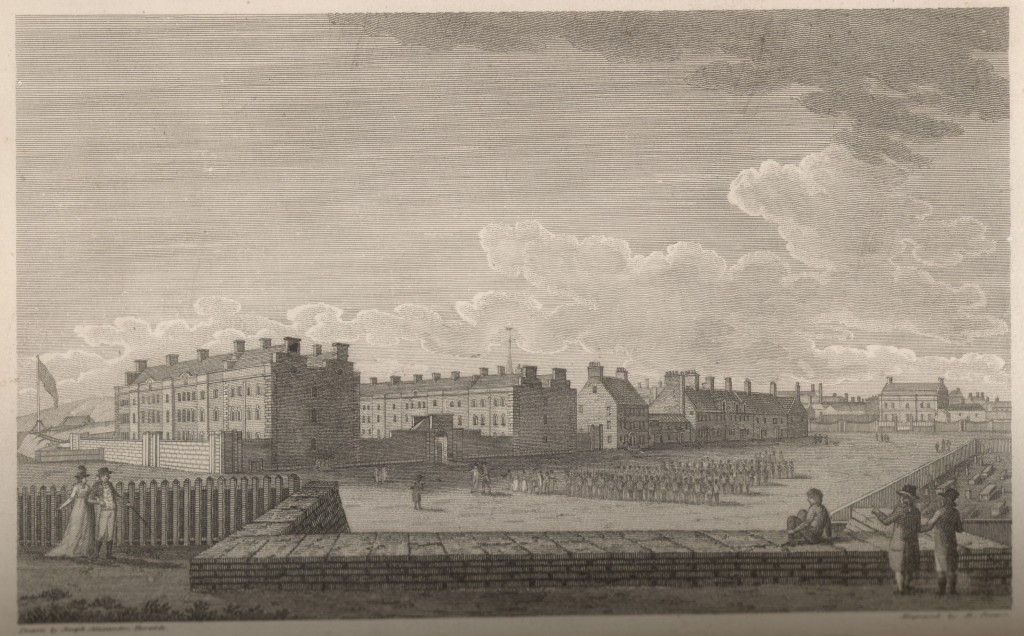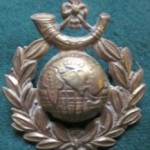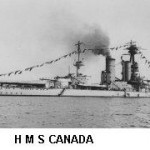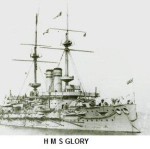BERWICK ADVERTISER, 4 FEBRUARY 1916
SEAHOUSES
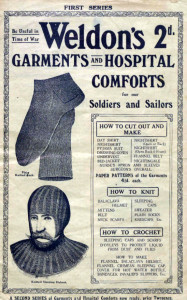
Soldiers’ Comforts – A meeting of the Committee will be held in the Seahouses Reading Room on Friday evening at 8 p.m. to receive Treasurer’s balance sheet and make arrangements for disposal of remainder of woollen comforts. Since last report the Treasurer begs to acknowledge receipt of 4 pairs of mittens from Miss Martha Scott and socks from Mrs John Tully, Wooler. Total receipts to the fund in money has amounted to £26 and tenpence; expenditure amounts to £25 11s 1d, leaving a balance in hand of 9s 9d only, which will be expended in postages on the woollen comforts left. One hundred and four parcels have been despatched and there are on hand 13 pairs of socks, 6 mufflers, and 7 pairs of mittens. Unless the Treasurer receives further donations apparently the good work carried on by the Committee must cease.
Parochial Tea – The annual Parochial tea and concert in connection with St. Paul’s Church was held in the Church Institute. Owing to the war the gathering was not held last year. On this occasion the building was literally packed. Cakes, etc., were provided by the ladies of the parish, and the tables were laden with good things. Following the tea an excellent concert was given at which the Vicar presided. Mr Wilton, scoutmaster, Bamburgh, caused endless merriment with his conjuring and ventriloquism and Mr Wm, Sordy of Warkworth (Jolly Sun) in his comic songs received quite an ovation. The programme was completed by local talent, assisted by members of the Cyclist Battalion stationed at Seahouses, and all were exceedingly well received. Proceeds for Church work amounted to over £16 nett.
LOCAL NEWS
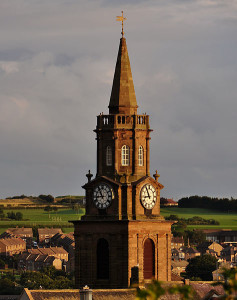
Suspension of the Five o’clock Bell – The Borough police have been advised by the War Office and Admiralty that during war time, and until further notice, there is to be a stop put to the ringing of certain bells in the town between sunset and sunrise. In this connection it is interesting to recall the fact that as far back as August last the attention of the Admiralty was directed to the risk and danger run in ringing an early morning bell for a full quarter of an hour, as well as from a similar thing taking place in the evening. A brief acknowledgment was received from the Admiralty, and on the 30th August the following further communication was sent: – Sir, I am commanded by my Lords Commissioners of the Admiralty to thank you for your letter of the 23rd instant, relative to the noise caused by the bells of Berwick-on-Tweed, and to acquaint you that it is not considered that the ringing of these bells exposes the town to any appreciated extra risk of aircraft attack. I am, sir, your obedient servant, W. Graham Greene.
Local Will – Mr William Tenant, of Brow of the Hill, Berwick-upon-Tweed, formerly of Bankhead, Horncliffe, near Berwick-upon-Tweed, left estate valued at £12,933 17s 4d, with net personalty £7,140 16s 2d. Mrs Catherine Tenant, his widow, Miss Elizabeth Christina Tenant, his daughter, Mr William Cowe Richardson, of Langlea, Berwick, and Mr James Cowe Richardson, of 11, High Street, Berwick, grocer, are the executors. Testator leaves £20 to James Cowe Richardson, and the rest of his property in trust for his wife, for life, and then in specific bequests for his children and grandchildren.
ETAL
Whist Drive and Social – On Monday even the convalescent soldiers resident at Etal Manor were entertained to a whist drive and supper in the Etal Schoolroom by several ladies of the village. The arrangements were in the hands of Mrs Hall, Mrs Wallace, and Miss H. Armstrong, and thanks to their untiring efforts and hospitality the gathering was an unqualified success. The company included the Commandant at Etal Manor, Miss M. L. Gray, the Rev. R. C. Hall, the Nursing staff, and a large number of lady friends.
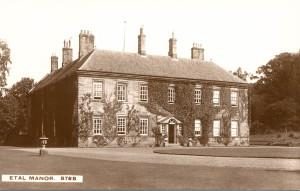
The following were the prize winners:- Ladies-1st, Nurse Gray; 2nd, Nurse Paterson, 3rd, Nurse Tait – Gent’s – 1st, private Morgan; 2nd, Sergeant B. H. Flood; 3rd, Private Wales. The prizes were gracefully presented to the recipients by the little daughter of the Rev. and Mrs Hall. A substantial repast was partaken of, and the rest of the evening was spent in a social manner. A hearty vote of thanks was accorded on the motion of the senior N.C.O. to all who had contributed to the evening’s enjoyment. The singing of the national Anthem brought a most successful and enjoyable evening to a close. Mrs Chamberlain ably officiated at the piano, kindly lent by Mrs Fordyce.
GOLDEN WEDDING AT LOWICK
Mr George Atchison of Barmoor Mill and his wife, who is the fourth daughter of the late Mr James Smith, East Allerdean, have just celebrated their golden wedding. The happy event was made the occasion of much rejoicing at Lavrock Law on Wednesday, 19th January. Six of the remaining children of the marriage were present along with their nine children, as well as a number of friends, and a very pleasant and enjoyable evening was spent. It is pleasing to know that both the old couple enjoy good health, being as young in spirit and as much in love with each other as they were in 1866. The children of the union are as follows: – Robert (deceased), James, George, Mary, Isabella, Sarah (deceased), Margaret, and Jane.



